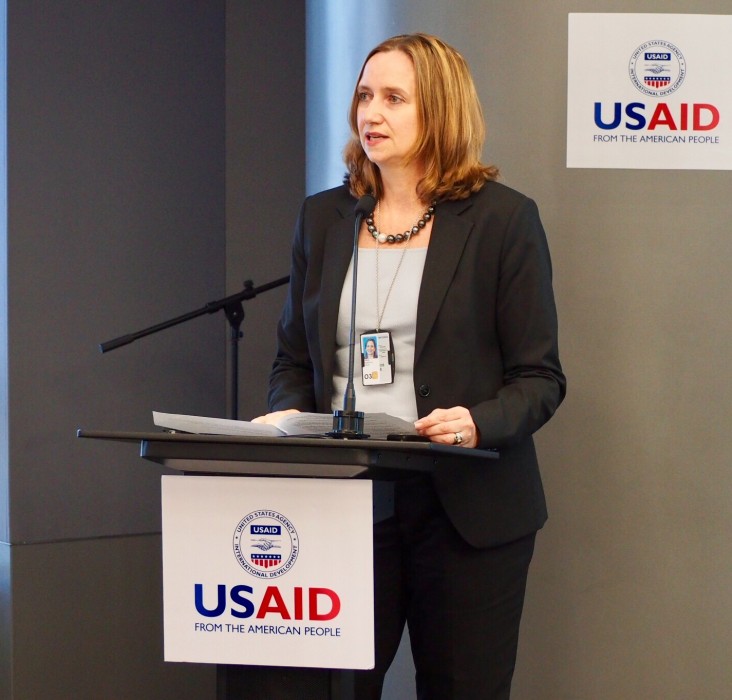
As Prepared: Good morning, and welcome. This two-day workshop, “Next Generation Technologies for Empowering People,” is the 3rd installment of our Frontiers Learning Series, a set of events focused on exploring emerging opportunities at the intersection of science, technology, innovation, partnerships, and international development.
For this event, we chose to focus on next generation technologies that have the potential to provide solutions to some of the most pressing socio-economic issues in the region.
Today, over one billion people living in the Asia-Pacific region are able to access critical information and communication technologies that just a decade earlier were largely out of reach. In the next five years, more people in Asia will access the Internet for the first time than have done so in the previous 30 years. That’s an incredible statistic – a fact that will have a profound effect on the rate of economic, political and social change in the region.
Empowering communities and helping governments become more responsive and efficient are common challenges throughout Asia and in much of the rest of the world. However, what this region also excels at -- and, has in many sectors pioneered -- are innovative applications of technology that provide solutions to complex development issues.
Our aim with this workshop is to harness some of these ideas, identifying trends, examples, and best practices that we can examine and learn from, with the goal of figuring out how we might apply some of these successes to development challenges throughout the region and, hopefully, around the world.
For instance, take the issue of the access of vulnerable and rural populations to new technologies. More and more people are solving real problems using e-government applications and digital solutions. The Asia-Pacific region has been a leader in showing how mobile technology can be used to reach, and serve, even some of the most remote and isolated areas in the world.
Exciting new digital platforms have been developed, serving as information exchange portals for new voters, marginalized groups seeking greater accountability for service access, migrant information tools, open education platforms, and public safety databases. Take the example of B-Change. This is a social enterprise that developed a website to give the LGBTI community, in a safe and confidential manner, information that the general population would not likely have.
Innovators, citizens and development planners are collaborating and leveraging all sorts of new tools to bridge critical information needs for marginalized groups, identifying issues of importance to vulnerable populations and addressing remote governance gaps. Another great example is IOM-X’s campaign that encourages safe migration and public action to stop human trafficking and exploitation. The organization has developed apps that assist migrant populations to better understand their rights in a foreign country, thus reducing the opportunity for exploitation.
This is why USAID/RDMA is bringing together entrepreneurs, innovators, development organizations, technology providers, donors and governments for this workshop. We hope that by kicking off this dialogue we can start to lay the foundation for partnerships between development professionals and technology innovators, in order to bring technology resources to bear on the most pressing social and governance challenges issues in the region.
I would just like to add that the engagement doesn’t stop at the end of the day tomorrow. The discussions and relationships coming out of these next two days are just the beginning of what we hope will develop into fruitful, long-term dialogue and partnership. Our USAID mission looks forward to keeping in touch with you and following up on how you have been able to apply to your work the knowledge and lessons gleaned from these next two days.
Thank you once again for participating in this event.
Related Speeches
- Remarks by Polly Dunford, Mission Director, USAID Cambodia, Training of Facilitators on the ASEAN SME Academy
- Signing of a Memorandum of Understanding between Power Africa and the Nile Basin Initiative - Remarks by USAID Kenya and East Africa Deputy Mission Director Dr. Tina Dooley-Jones
- Government of Kenya Consultative Workshop on Accelerating Electricity Transmission Infrastructure Development through Public Private Partnerships - Remarks by USAID Kenya and East Africa Mission Director Karen Freeman







Comment
Make a general inquiry or suggest an improvement.